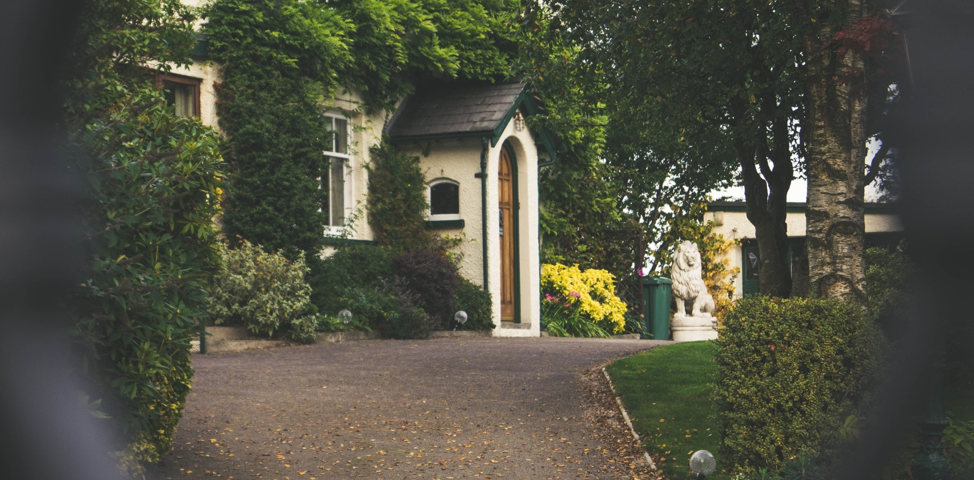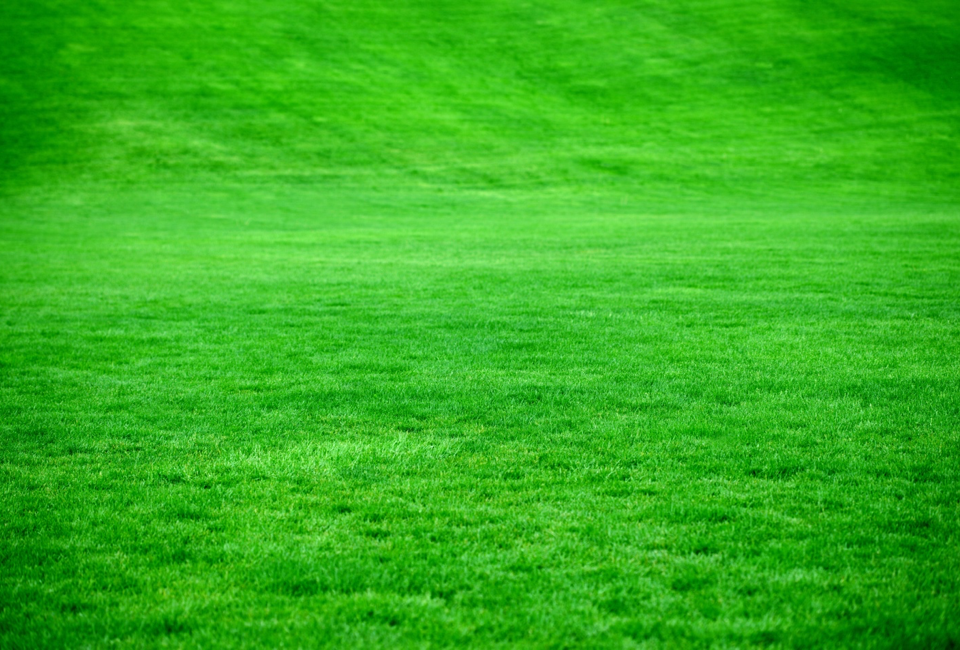
Everything to Know About Mulch
February 27, 2019
6 Essential Gardening Tips to Create the Garden You’ve Always Wanted
February 27, 2019Have you ever heard the saying “One man’s trash is another man’s treasure.”? This is a classic idiom that essentially means what one person thinks is worthless can actually be valuable to someone else. This saying can be applied directly to landscaping. There is a material available for purchase that is perfect for keeping soil healthy and growing plants, and it’s made out of organic waste. The idea of taking waste and putting in on your cherished yard, garden, or landscaping project might seem a little counterintuitive upon first thought, but using this material can help your plants and landscape grow and flourish like never before. We’re talking about compost, and this article is intended to let you know how to make the most out of compost for all of your landscaping needs.
What is compost?
Compost can mean a lot of things, but we will start with how it related to landscaping. Compost is basically decomposing organic material that is used to increase the health of the soil. Healthier soil means healthier plants that grow faster. It’s rich in nutrients and helps to create soil microbes that make plants grow better. It can be purchased as a physical good from professional suppliers like Cal Blend Soils Inc and applied to your yard, garden, or any other landscapes. Composting also refers to a scientific process that allows organic waste to be broken down. Composting is a concept that has been used for thousands of years, as there is evidence that ancient Roman and Indian cultures used the technique to improve the yields of their crops and improve their communities. You might be wondering what the difference between compost and fertilizer is. It’s simple, the difference is that compost helps to improve and feed the soil while fertilizer is designed to feed plants. Compost is considered to be a soil amendment that literally improves the soil.
The Science Behind Compost
Did you know that both vegetable and animal matter can compost? The science behind compost is truly fascinating. When organic matter decays, it undergoes a full biological and chemical transformation. Tiny micro-organisms, fungi, bacteria, and certain types of insects like earthworms work hard to break down the organic matter. Some fungi involved in composting can even form mutually beneficial symbiotic relationships with plant roots that helps plants and vegetables feed themselves in a more efficient way.
Decomposing organic matter is a tough job, but someone has to do it. Why do they care so much about breaking down organic matter? The answer is simple – its food to them! These organisms are literally eating the organic matter and breaking it down in the process. As these organic molecules continuously pass through the organisms, it begins to undergo various chemical changes. At the end of the process, all that is left is earth matter that is extremely rich in nutrients.
Why Use Compost for Landscaping?
Compost has been used for centuries, but it’s relatively new for landscaping purposes. It offers gardens and yards a great way to receive additional nutrients and improve the quality of the soil. You should consider using compost before you begin a major landscaping project. You can use a till to mix it in or include it with mulch to take advantage of its powerful soil enriching abilities. The compost is going to release important nutrients into the soil and also improve drainage and water-related properties for the soil. Compost promotes the growth of beneficial microorganisms and can work wonders on the soil. It directly helps with pH levels in the soil and can even repair soil that has seen better days. If you want to take your landscaping seriously, compost is an important ally to have by your side.
Compost Available for Commercial Purchase
You can purchase bags of compost commercially for all of your landscaping needs. For example, Cal Blend Soils offers high-quality compost in bulk quantities at the most affordable prices. Make sure you purchase your commercial compost from a reputable supplier like Cal Blend Soils, otherwise you can end up with compost that does more harm than good. There are typically three main types of compost available for purchase in bags. Let’s take a look at all three of these great soil-improving options below:
- Mushroom Compost typically begins as horse or cow manure. After it cools down, the manure is introduced to mushrooms that fruit. The leftover soil that the mushrooms grew from is then packaged up into bags and sold to landscapers and gardeners. This type of compost can be a bit unpleasant to smell when you first open the bag, but the odor will subside after a little bit.
- Yard Waste Compost is an inexpensive compost option that is created using grass clippings, leaves, and dead plant matter. This compost type is best suited for soil with a big clay content or soil that is severely lacking organic matter. You will need to include fertilizer with this form of compost to get the maximum benefit.
- Manure Compost as you might guess comes from cow, horse, or poultry manure that is combined with high-carbon level materials like sawdust. This is a very potent compost that landscapers should use in moderation. It’s important to understand that the bacteria in this compost should be totally gone before a crop is planted. Often times, this compost type is treated for bacteria just to make sure.
Purchase Commercial Compost and Any Other Landscaping Products from Cal Blend Soils
We hope this article has provided you with some valuable insight about compost and why it’s a great idea to include it in many of your landscaping projects. If you want your grass, plants, or trees to flourish, compost is a great way to make that happen. It will enrich the soil and promote the growth of helpful bacteria that can transform any area into a natural oasis. If you have any questions about how to use compost for your landscaping project or would like to purchase the best landscaping products on the market, contact Cal Blend Soils Inc today.


